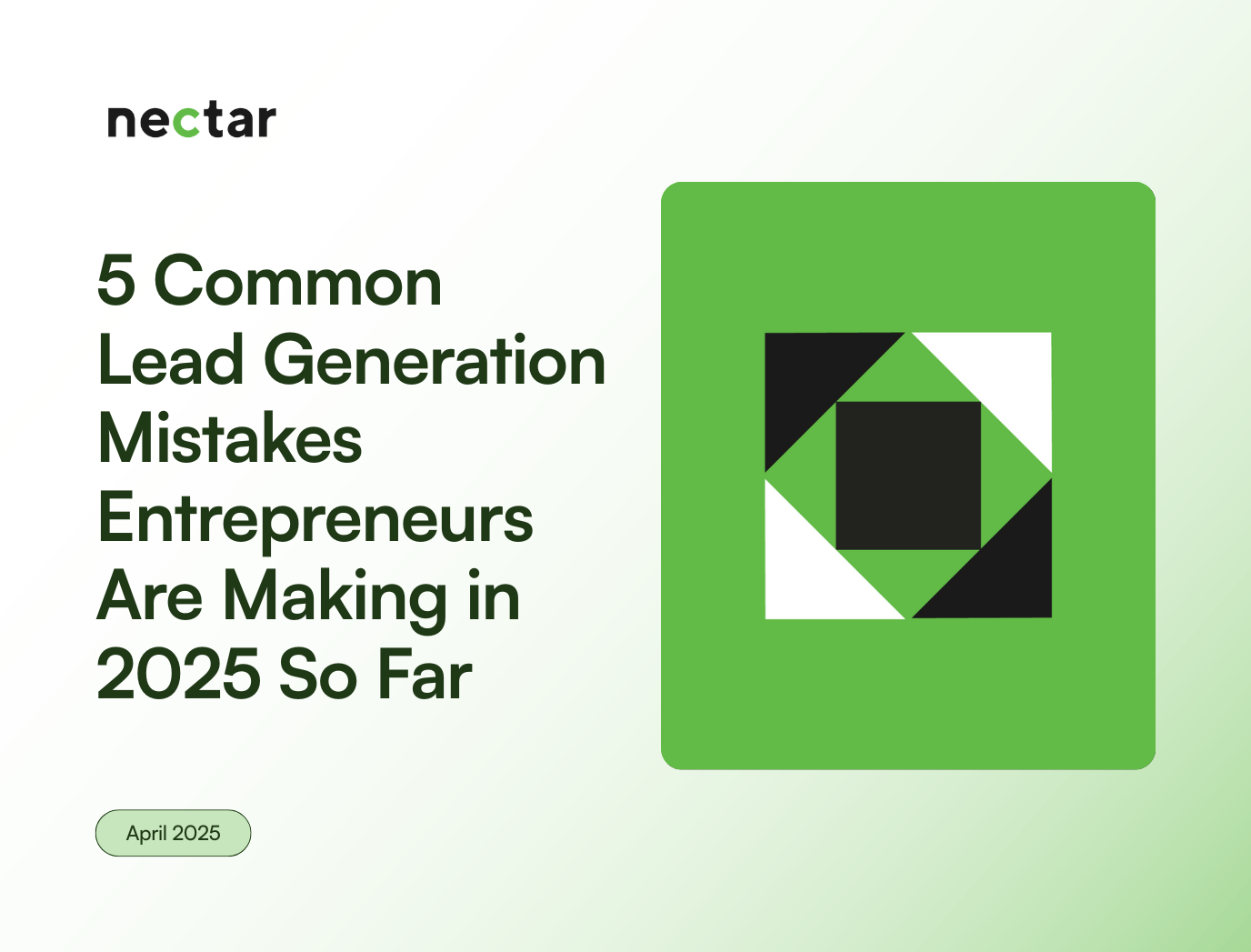The sales funnel is a cornerstone of sales strategy, illustrating the journey from initial contact to final sale. Understanding the distinctions between leads, prospects, and sales opportunities is essential, as each stage requires tailored strategies to optimise sales efforts and allocate resources effectively.
What is a Lead?
A lead is the first stage in the sales funnel, marked by an initial expression of interest. However, not all leads are created equal. Leads can originate from various sources, such as website visits, social media engagement, or offline activities like trade shows.
Types of Leads:
- Marketing Qualified Lead (MQL): These leads have engaged with your marketing but haven’t yet interacted with your sales team. For example, someone who downloads an ebook or subscribes to a newsletter are viewed as an MQL.
- Sales Qualified Lead (SQL): These leads have been deemed ready for direct sales interaction. This distinction often occurs when a lead expresses a direct interest in purchasing or speaks to a sales representative.
Lead Qualification
Qualifying leads means determining if they align with your company’s ideal customer profile (ICP). For example, a B2B software company might focus on leads from specific industries with particular company sizes and geographical locations. This stage is critical as it helps filter out unqualified leads early, saving time and resources.
Once a lead has been qualified, the journey through the sales funnel continues as it transitions into the next stage: becoming a prospect. This transition is vital as it shifts from general interest to a more focused evaluation of your product or service.
What is a Prospect?
After qualification, a lead becomes a prospect, ensuring they match the ICP and have a clear need for your product or service.
Key Qualification Criteria:
- Budget: Does the prospect have the financial resources to purchase your product or service?
- Authority: Is the prospect a decision-maker, or do they have the influence to drive the purchase decision within their organisation?
- Need: Does the prospect have a clear pain point or challenge that your solution can address?
- Timeline: What is the prospect's timeline for making a purchasing decision? Prospects with immediate needs may convert faster than those with long-term timelines.
Prospect Engagement
Once a prospect is qualified, the focus shifts to deeper engagement. This stage might involve personalised communications, product demonstrations, or further discussions about how your solution can specifically address the prospect’s challenges. The goal is to build a relationship and guide the prospect towards becoming a sales opportunity.
As the relationship with the prospect deepens and they express a readiness to make a purchasing decision, they move closer to becoming a sales opportunity. Understanding when and how to facilitate this transition is critical for maintaining momentum in the sales process.
What is a Sales Opportunity?
A sales opportunity is a highly engaged prospect on the verge of purchasing. At this stage, the prospect has been profoundly qualified, and the likelihood of conversion is significantly higher.
Characteristics of a Sales Opportunity:
- Defined Budget: The prospect has allocated a budget and is ready to spend.
- Clear Timeline: There is a specific timeframe in which the purchase decision will be made.
- High Engagement: The prospect actively engages with your sales team, asks detailed questions, and shows clear interest in your product or service.
Conversion Tactics
Converting a prospect into a sales opportunity requires strategic steps. These include providing tailored solutions, addressing objections, and offering incentives such as discounts or bundled services to finalise the deal. The key is maintaining momentum and ensuring that your offering fully meets the prospect’s needs.
The final transition in the sales funnel is converting a sales opportunity into a closed sale. This involves negotiation, finalising details, and ensuring the prospect is entirely satisfied with the proposed solution.
Conclusion
Ready to Take Your Sales Strategy to the Next Level?
At Nectar, we're experts in helping B2B companies optimise their sales funnels and drive revenue growth. Whether you're looking to generate more leads, qualify prospects more effectively, or close high-value opportunities, our team is here to help. Visit our Contact Page to learn how we can help your business achieve its sales goals. Let's work together to transform your sales strategy and accelerate your growth.
















